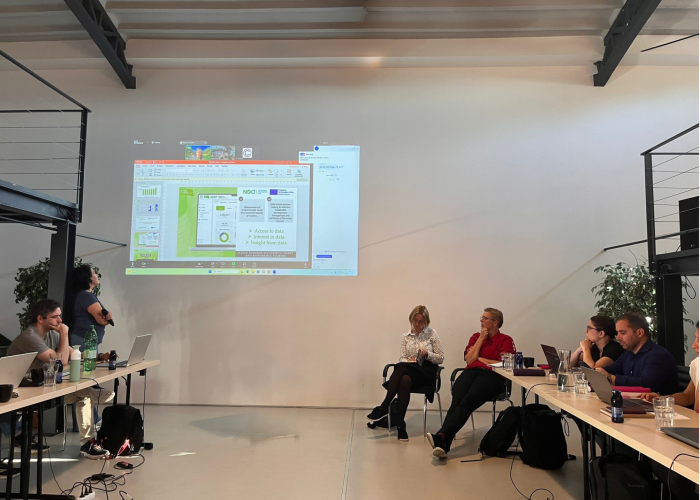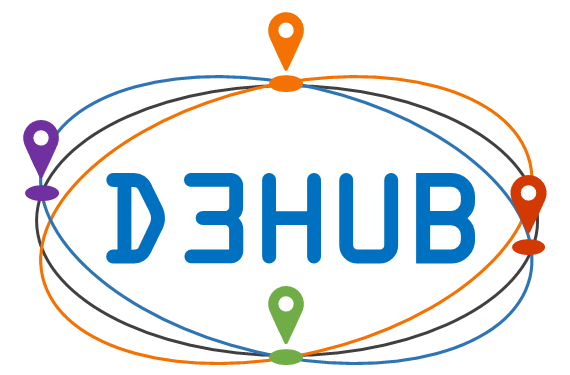Bart Neuts, Visit Flanders
Tourism destinations across Europe are facing unprecedented challenges and opportunities. From balancing the needs of residents and visitors to adapting to climate change and embracing digital tools for smarter decision-making, destination managers must navigate a rapidly evolving landscape. To support this transition, the D3HUB project is piloting a European Competence Centre (CC) designed to help destinations harness the power of data for more sustainable and resilient tourism development.
Launched earlier this year, the Competence Centre is currently working with 40 pilot destinations across Europe, spanning national, regional, and municipal levels. These destinations serve as the initial testing ground for a new support scheme that combines technical expertise, training, and knowledge exchange. The ultimate goal is to build a knowledge hub that strengthens collaboration, facilitates data-driven decision-making, and supports the green and digital transformation of tourism.
The approach centres on three dimensions:
- Competence-building stages – from identifying challenges and data needs to developing actionable strategies.
- Training formats – including expert-led webinars, one-on-one mentoring, peer-to-peer exchanges, and practical digital tools.
- Thematic focus areas – covering both cluster-specific topics and cross-cutting issues relevant to all destinations.
In the first phase, destinations have already participated in cluster-specific workshops, addressing themes such as managing the balance between residents and visitors, redistributing tourism flows, mitigating climate change, and emerging destinations. Cross-cluster sessions have further enriched this work, encouraging knowledge transfer and shared learning between regions with diverse contexts.

Looking ahead, the next phase will see each pilot destination receive tailored support to develop an action plan. These plans will translate data insights into practical steps, guiding evidence-based strategies for destination management. Alongside group-based learning, the CC’s mentoring programme ensures that destinations can draw on expert advice directly relevant to their specific challenges.
A cornerstone of the initiative is the open-source dashboard provided by the CC. This tool helps destinations monitor key indicators and make more informed decisions. By aligning training and data practices with broader European initiatives, such as the Common European Data Space for Tourism, the Competence Centre also ensures that destinations are part of a larger ecosystem of innovation and collaboration.
As the pilot continues, flexibility remains key. The designers of the scheme created it to adapt to the evolving needs of destinations, ensuring that services remain relevant and impactful. A formal evaluation at the end of the pilot phase will assess effectiveness, refine the offer, and pave the way for scaling up.
With its blend of technical expertise, collaborative learning, and actionable insights, the D3HUB Competence Centre is already proving to be a catalyst for change. For the 40 destinations involved, this marks the beginning of a journey toward smarter, greener, and more sustainable tourism management – one that others across Europe will soon be able to join.
